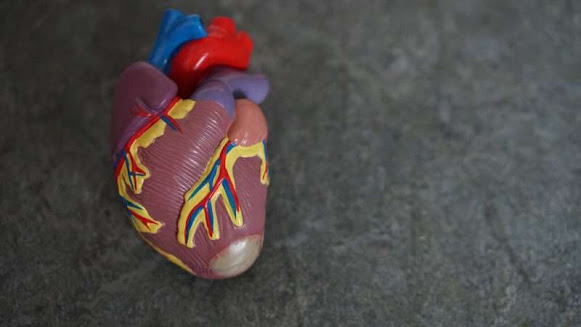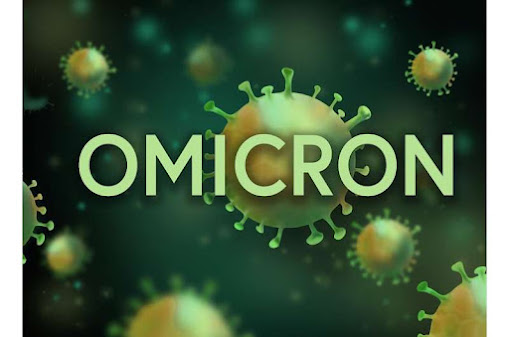Third COVID-19 vaccination improves immune response in blood cancer patients
Third COVID-19 vaccination improves immune response in blood cancer patients
New examination has observed that the debilitated invulnerable frameworks of blood disease patients can work on after they get a third COVID-19 immunization.
Patients with lymphoma have deserts in their invulnerability framework that confine its reaction to inoculation. Regardless of this, this new review observed upgrades in neutralizer and T-Cell reactions after a third immunization portion, besides in patients who had as of late gotten a specific counter acting agent therapy for their disease.
The review was supported by the Blood Cancer UK Vaccine Research Collaborative and has been distributed in the diary Nature Cancer.
"In spite of the steady lifting of COVID-19 limitations around the world, a cloud keeps on looming over immunosuppressed patients, who may not foster defensive invulnerable reactions after immunization," made sense of Dr. Sean Lim, Associate Professor and Honorary Consultant in Hematological Oncology at the University of Southampton, who drove the examination. "Specifically, people with hematological malignancies are at more serious gamble of extreme COVID-19 sickness regardless of whether they have been inoculated," she proceeded.
Dr. Lim and her group gathered blood tests from 457 grown-up lymphoma patients before they accepted their first immunization of either the Oxford-AstraZeneca or BioNTech Pfizer antibodies, and a month after the principal portion, two to four weeks and a half year after the subsequent portion, and four to about two months after the third portion.
The review planned to assess the strength of the safe framework's reaction to the immunizations and to assist with foreseeing how powerful the antibody could be for lymphoma patients. To accomplish this, the researchers estimated the capacity of antibodies in the blood tests to keep the viral spike protein from restricting to ACE2 proteins, which are the infection's central issue of section into the human body. They likewise estimated the reaction of T cells-which structure part of the body's safe framework when invigorated by the viral spike.
The outcomes showed that while simply over portion of patients going through dynamic malignant growth treatment had no discernible counter acting agent levels after the subsequent immunization, T cell reactions could be distinguished in around 66% of all patients. After a third portion, 92% of patients who were not going through enemy of CD20 therapy for their malignant growth showed further developed neutralizer reactions, contrasted with 17% who were getting that treatment.
"We noticed a decent connection between the degree of antibodies in the blood tests and how well these antibodies obstructed the infection from restricting to the ACE2 protein," said Dr. Lim. "This proposes that the antibodies actuated in patients with lymphoma perform in basically the same manner to those in sound contributors."
A critical inquiry for patients with stifled insusceptibility frameworks is whether there is an association among counter acting agent and cell reactions and the gamble of disease, hospitalization and passing from COVID-19. The examination group will accordingly follow up this exploration with additional investigation into the clinical results of patients in this concentrate on who were contaminated with COVID-19.




Comments
Post a Comment